Ever since reading LinYutang’s biography of SuDongpo, and having fallen in love with his spirit and example as a kind and inquisitive person every day of his life, I immediately began searching for books that would introduce his poetry. Turns out, I didn’t have to look far. Right here on our bookshelf was a collection of poems, including a selection of SuShi’s (a familiar name of SuDongpo) most famous.
“Breathtakingly Beautiful Song Lyrics” by WuYayang, translated by Xu Yuanchong, is for Chinese readers. The poems are provided in Chinese and English, but descriptions and references are only in Chinese. I rely on Google Translate for those parts and find it works satisfactorily.
I will not spend time introducing SuShi in favor of sharing three of my favorite poems. Please look into his life and struggles, he is a fascinating character in Chinese history. I wrote two articles on SuShi after visiting his hometown, Meishan. Find those here and here.
SuShi was a legit genius, a master of layered meaning and coded messaging, so every statement means more than you find on the surface. See if you can guess at the origin behind these.
Silk-Washing Stream
Date flowers fall in showers on my hooded head; At both ends of the village wheels are spinning thread; A straw-cloaked man sells cucumbers beneath a willow tree.
Wine-drowsy when the road is long, I yearn for bed; Throat parched when the sun is high, I long for tea; I knock at a farmer’s door to see what he’ll treat me.
This poem was written early in SuShi’s career as a local official in Xuzhou. There was a serious drought in the spring of that year, and it was SuShi’s duty to lead the procession twenty miles east of the city to pray for rain. This poem was written on the return, in thankfulness for the rain, which had already begun to fall.
This is tea’stone, the location of our reading date today. My wife suggested tea’stone for SuShi as tea is a more appropriate pairing for poetry. Tea’stone is an interesting brand. I am happy to learn the concept originated in Shenzhen. All too often brands start in Shanghai and only later come to our little city. I want to see Shenzhen take a leading role in more than just economic categories. Tea’stone is trendy and popular with younger Chinese. They are taking traditional design, lightening the scale, and using rarer tea blends. Keeping the spirit of the Tea House but modernizing for younger tastes.
I went with an iced red tea with an interesting name, the “Smiling Concubine”. To quote, “the glorious rice scent of the ripe pu’er and the sweet osmanthus scent, the fragrance lingers in the mouth like a concubine’s dancing.” Come on now, is that not a perfect pairing for SuShi poetry?
My wife had a hot red tea. Hers came with a little cookie. Mine didn’t. She shared with me.
Riverside Daffodils Farewell to a Friend
Three years have passed since we left the capital; We’ve trodden all the way from rise to fall. Still I smile as on a warm spring day. In ancient well no waves are raised. Upright, the autumn bamboo’s praised.
Melancholy, your lonely sail departs at night; Only a pale cloud sees you off in pale moonlight; You need no songstress to drink your sorrow away. Life is like a journey; I too am on my way.
SuShi wrote this poem while in Hangzhou as a farewell to a friend, passing by from one official posting to another. There are subtle digs at the authorities embedded. SuShi knew he would soon be leaving Hangzhou himself, a place that he loved, and a people that loved him and still revere him to this day.
The round flask-shaped pot is called a “moon bottle&flow glass”, design derived from flat teapots nomadic peoples used in antiquity. The round ice cube is also a great touch, I love those, and the tea’s flavour did change slightly, becoming more mellow, as the ice melted. The tip of my nose touched the ice every time I took a sip…a design feature they probably didn’t anticipate.
This last poem came at a tumultuous and stressful point in SuShi’s life. He had been accused of criticizing the Emperor in his songs. This was a real threat, with serious repercussions. His enemies at court were going hard against his unforgiving analysis of their ruinous economic policies. SuShi was eventually demoted as punishment.
Calming the Waves
Listen not to the rain beating against the trees. Why don’t you slowly walk and chat at ease? Better than saddled horse I like sandals and cane. O I would fain, Spend a straw-cloaked life in mist and rain.
Drunken, I am sobered by vernal wind shrill, And rather chill. In front I see the slanting sun atop the hill; Turning my head, I see the dreary beaten track. Let me go back! Impervious to wind, rain, or shine, I’ll have my will.
SuShi was walking with a poet friend in Spring when they suddenly encountered wind and rain. His friend urged shelter, but SuShi took it calmly, chanting peacefully, walking slowly, demonstrating his detachment from the petty cares of existence. He did not care about the troubles at court, as long as he had his integrity.
We had a great afternoon together. This was more Date than Reading. A chance for honest conversation always comes first; take yours whenever you can. Tea’stone was a bit too crowded today for quiet, contemplative reading anyways.




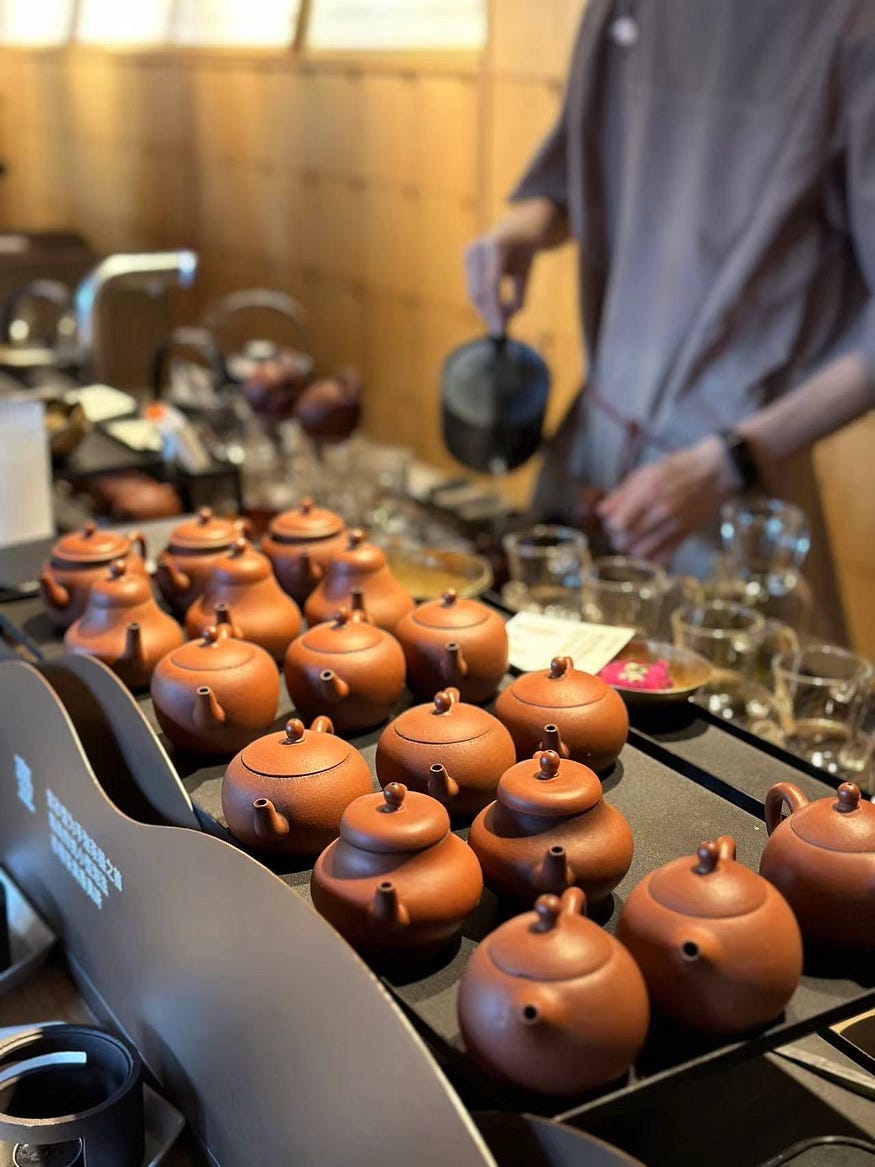
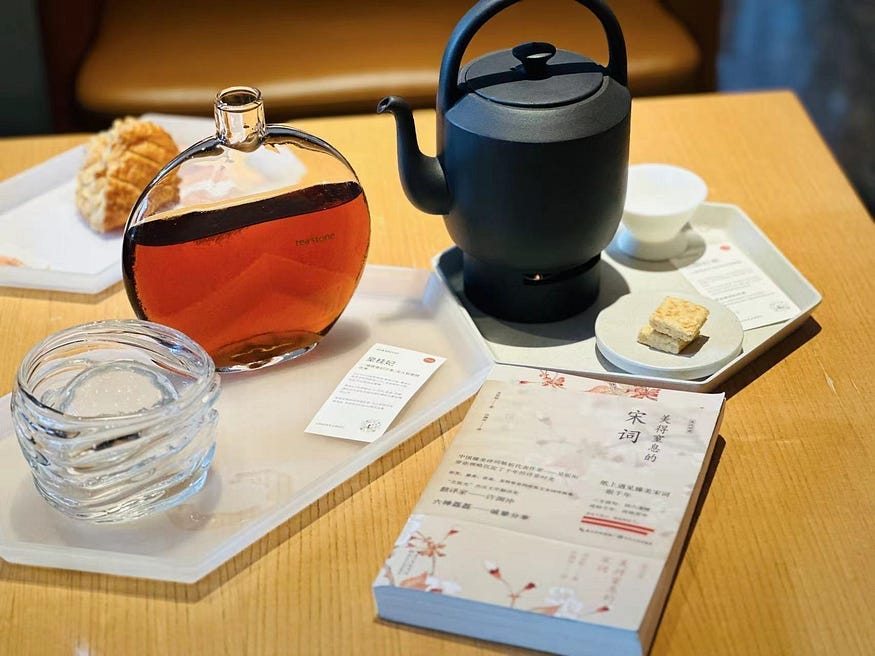
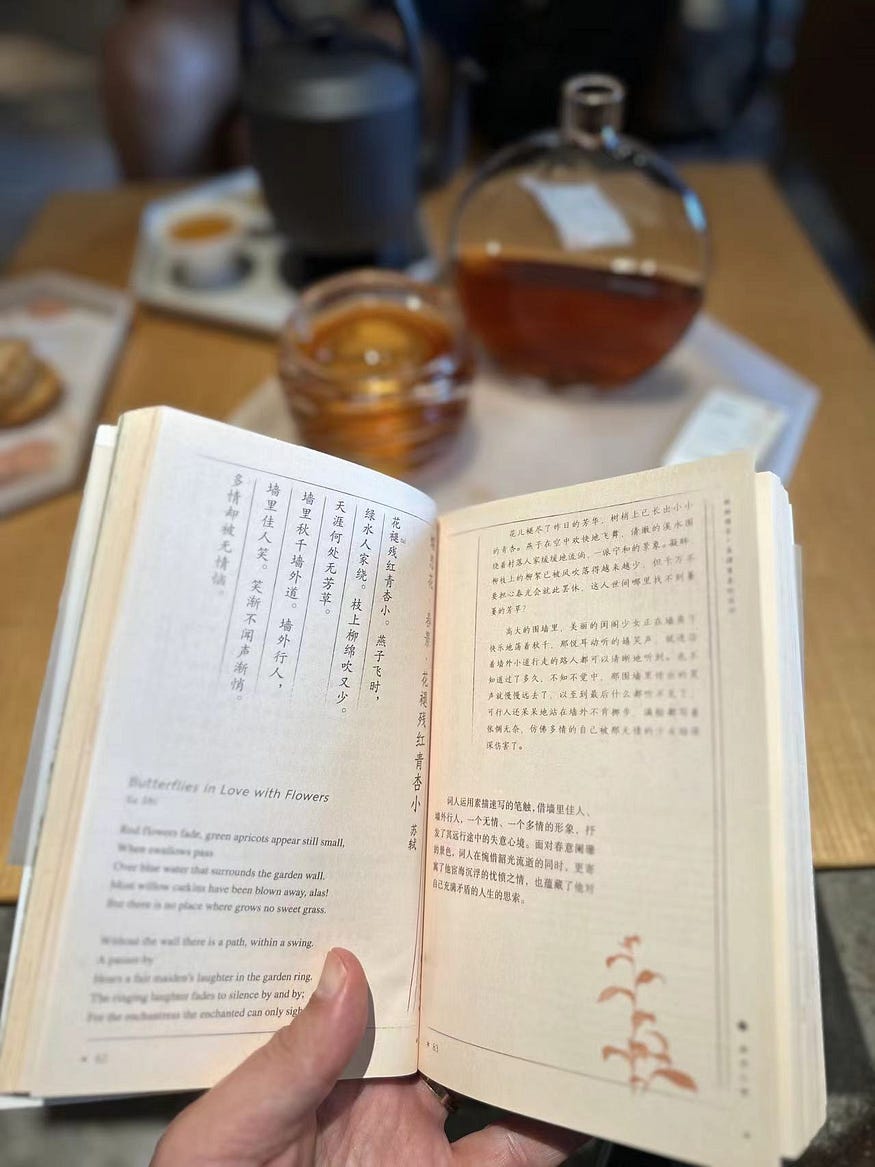
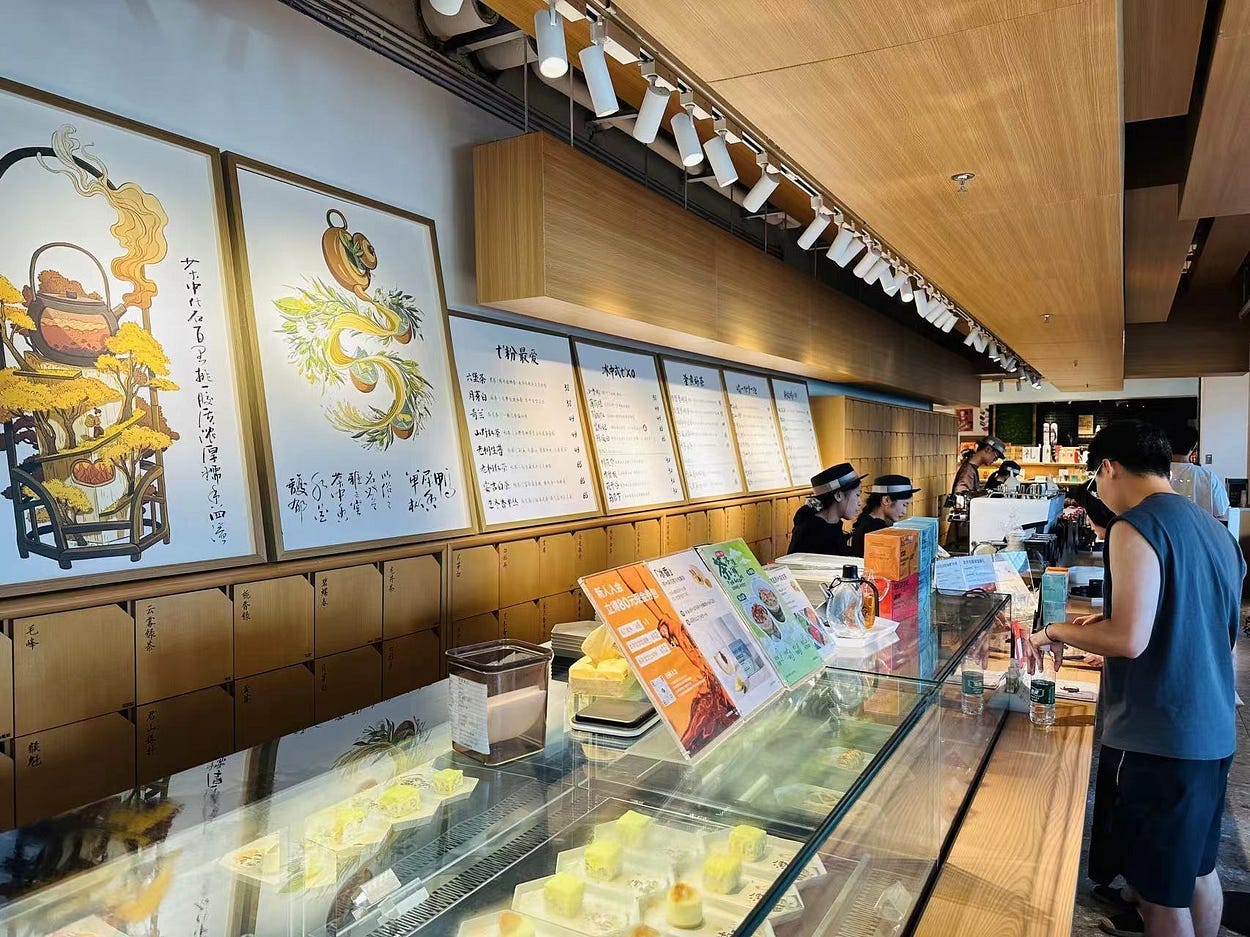

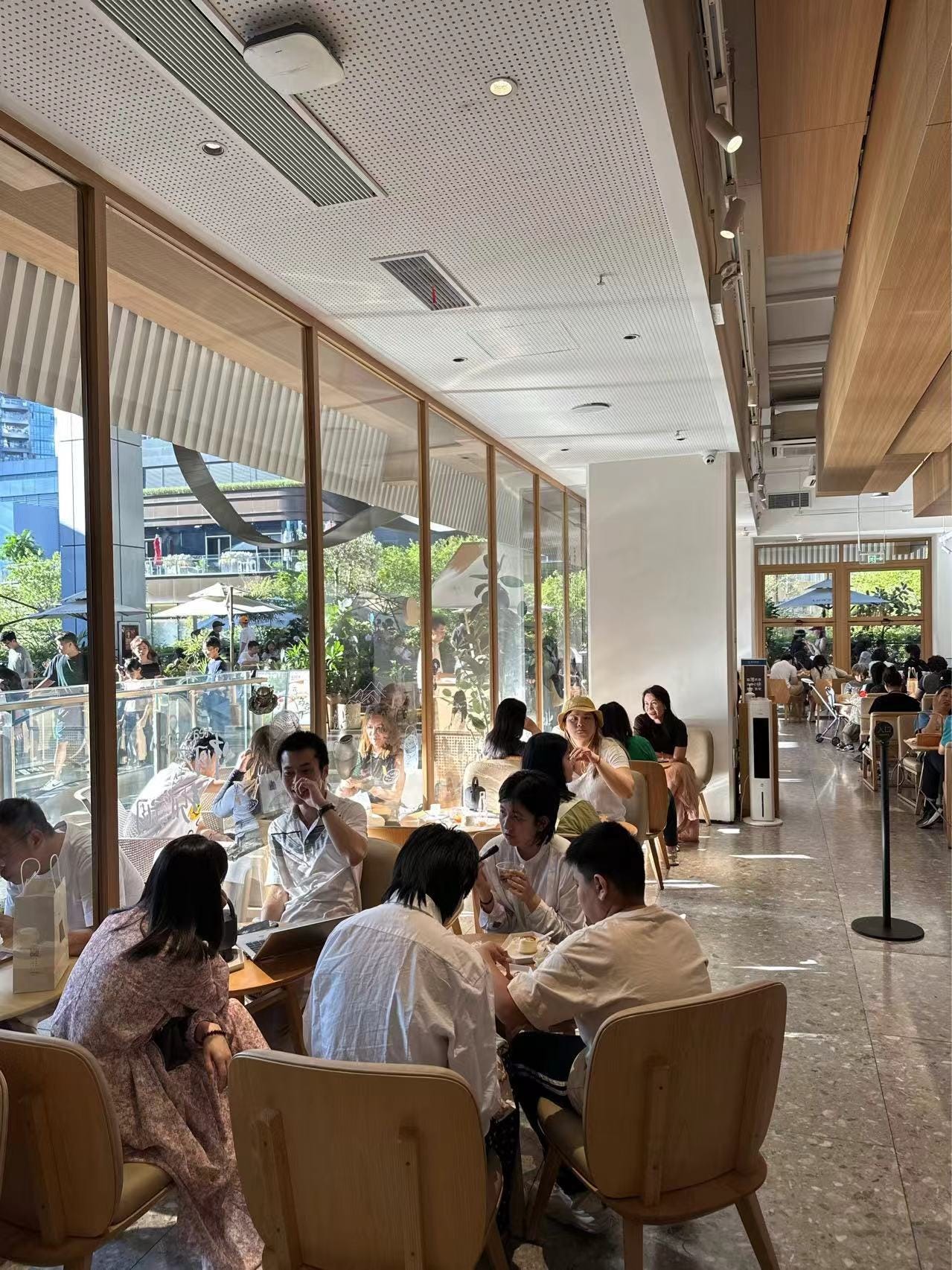
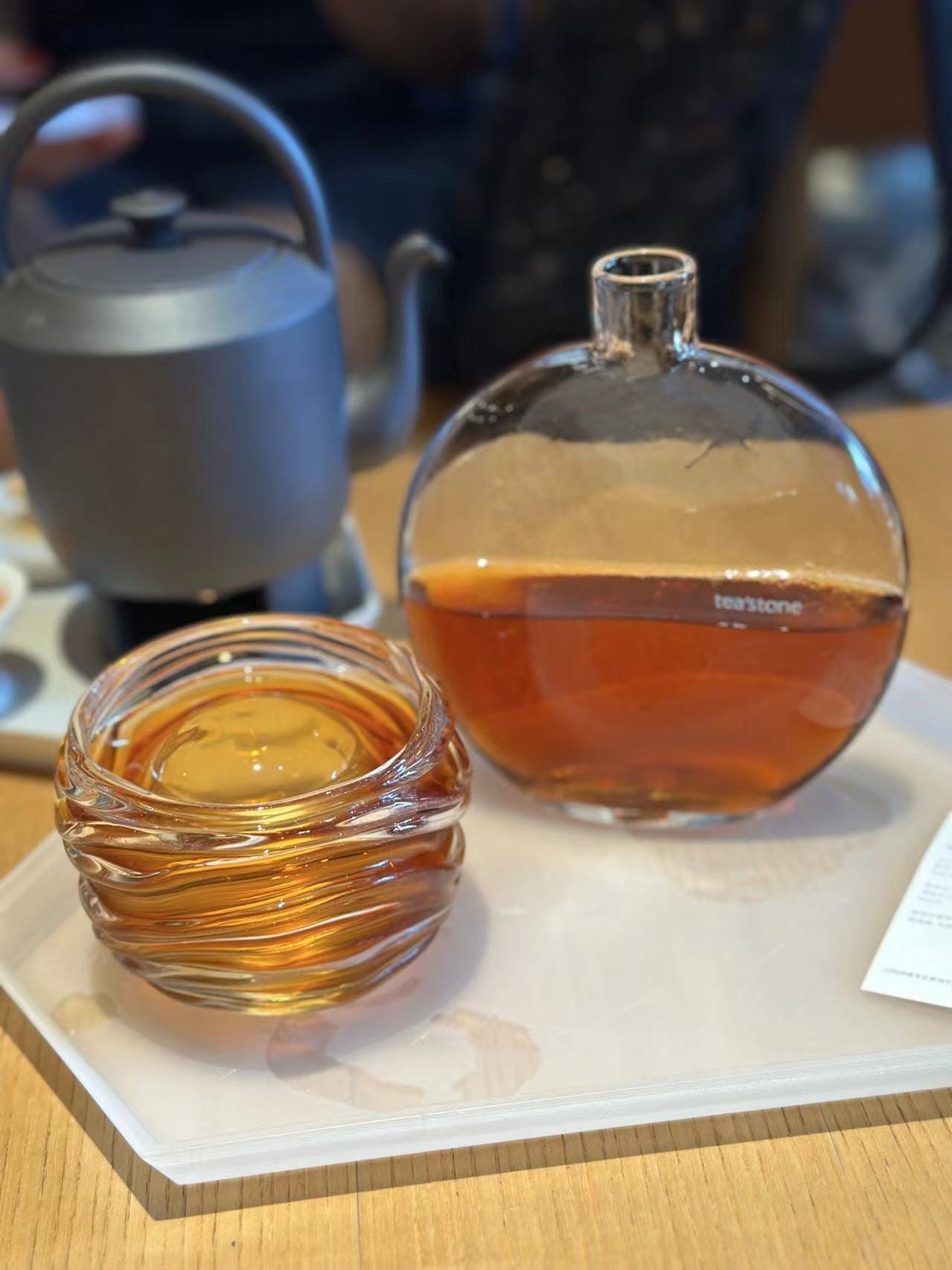



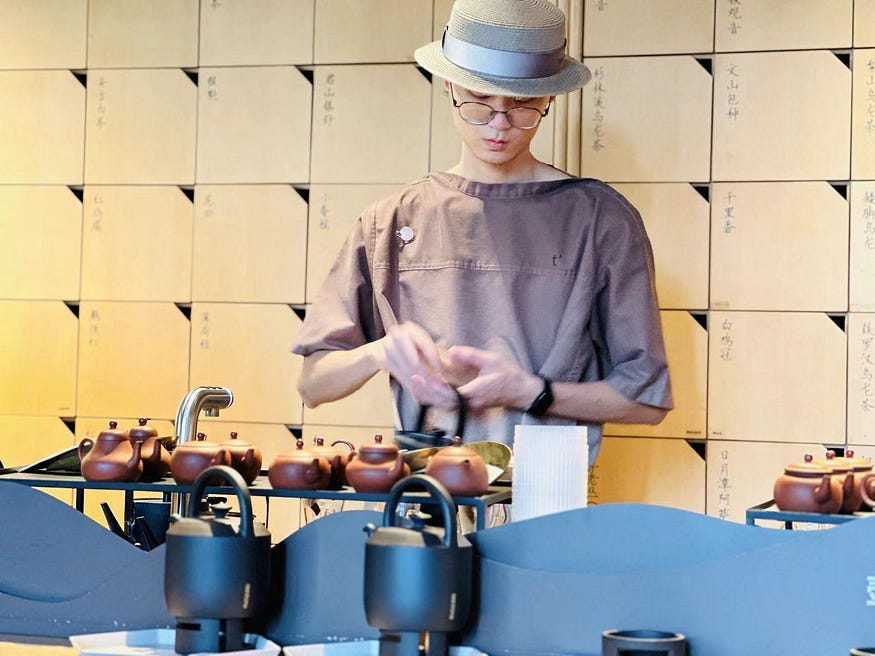
Beautiful poems, thanks for sharing!
A reading date & poetry!? this may be a new favorite.. ✨✨🌹
Reading SuDongpo’s words are heartwarming and childlike while holding timeless wisdom at the same time. I can admire that.
That last poem especially given what he was experiencing in the context of his journey could be seen in many ways.